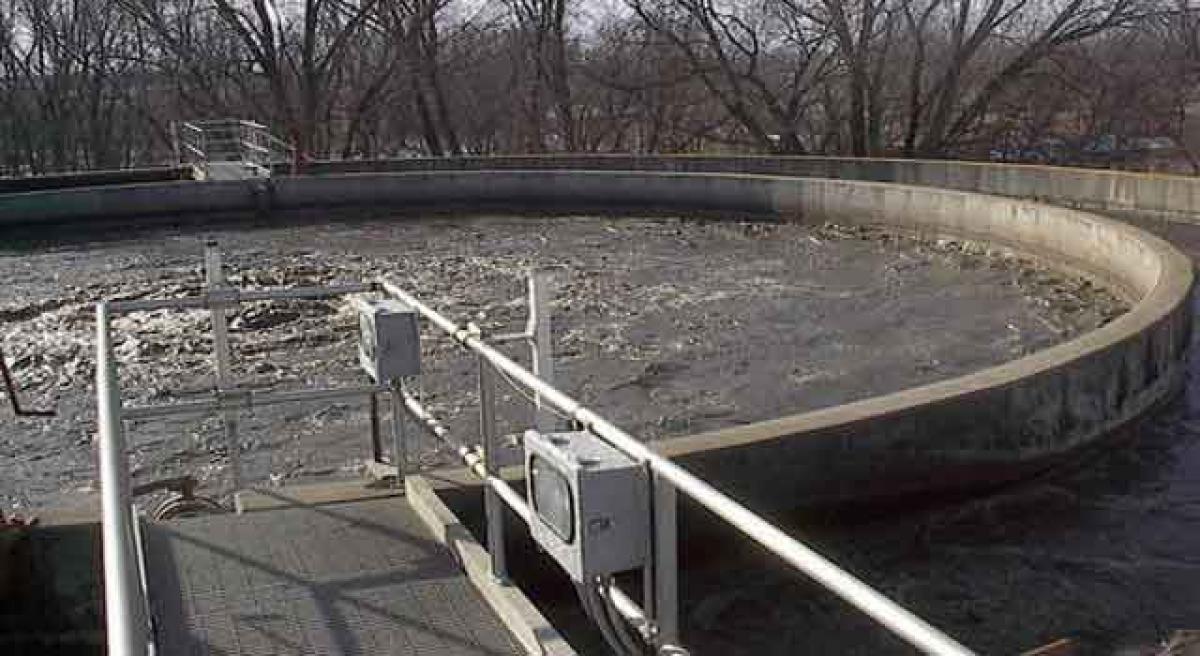Just In

The benefits of Decentralised Wastewater Treatment (DWT) in reducing the chemical and biological oxygen demand in wastewaters in Andhra Pradesh and Telangana was highlighted at a seminar on Indo-EU \'Water4crops\' project here on Wednesday. The experiment will be extended to all other States in the country following the results.
New Delhi: The benefits of Decentralised Wastewater Treatment (DWT) in reducing the chemical and biological oxygen demand in wastewaters in Andhra Pradesh and Telangana was highlighted at a seminar on Indo-EU 'Water4crops' project here on Wednesday. The experiment will be extended to all other States in the country following the results.
The seminar attended by the experts of India and EU was told that as a result of this initiative, the chemical and biological oxygen demand in wastewaters had reduced by 30-92%. Moreover, crop yield evaluations have shown increased yields of the order of 14 to 40% for crops like okra, brinjal and chilly irrigated with treated wastewater as compared to fresh water.
- The 'Water4crops' Project efficiently utilises low-quality industrial, domestic and municipal wastewater
- Minister Y S Choudary chaired the meeting of the project, a joint venture of India-EU
- DWT is implemented at 28 sites in TS, AP, along with Maharashtra, UP, Karnataka
In addition to increased yields, the secondary treatment of wastewater for agriculture leads to more tertiary-treated potable water being available for domestic use.
Minister of State for the Ministry of Science & Technology and Earth Sciences, Y S Chowdary chaired the inaugural session of the review and planning meeting on the completion of 4 years of the Euro 9 million Indo-EU ‘Water4crops’ project here on Wednesday.
The project has been co-funded by Government of India through the Department of Biotechnology (DBT) under the Ministry of Science & Technology and the European Union. The project integrates bio-treated wastewater reuse with enhanced water-use efficiency to support the Green Economy in EU and India.
The 'Water4crops' Project provides an opportunity to efficiently utilsze low-quality industrial, domestic and municipal wastewater by facilitating the development of various technologies for wastewater treatment at the local scale and its feasible use in agriculture.
The project had shown remarkable success by aiding the construction of wetlands containing plant species such as Canna indica, lemon grass (Cymbopogon), napier (Pennisetum perpureum X Pennisetum americarnum), para grass (Urochloa mutica), typha (Typha latifolia), water hyacinth (Eichhornia crassipes), water lettuce (Pistia stratiotes) and a weed species Agaratum Conyzoides.

© 2024 Hyderabad Media House Limited/The Hans India. All rights reserved. Powered by hocalwire.com







